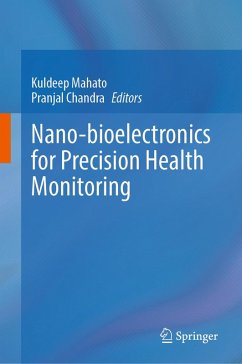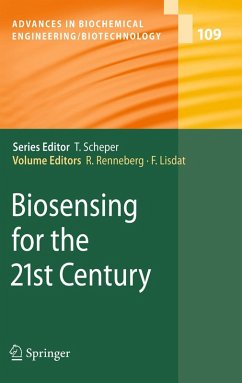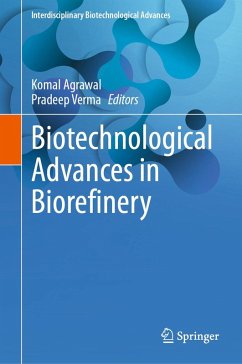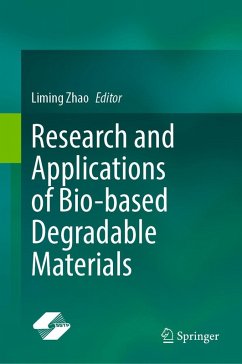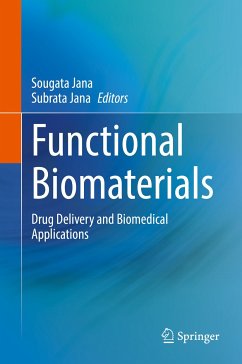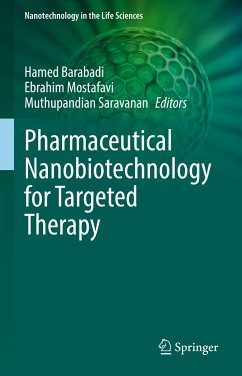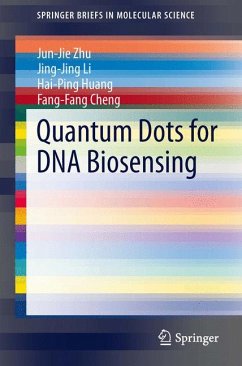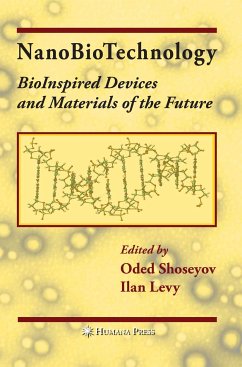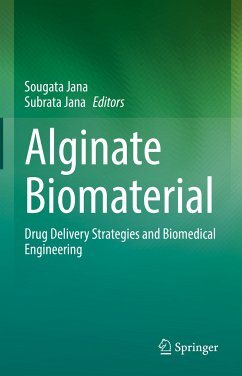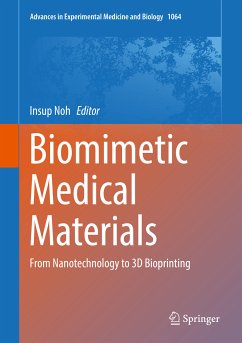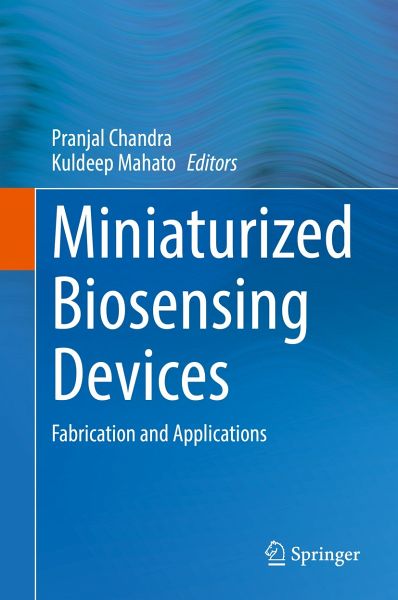
Miniaturized Biosensing Devices (eBook, PDF)
Fabrication and Applications
Redaktion: Chandra, Pranjal; Mahato, Kuldeep
Versandkostenfrei!
Sofort per Download lieferbar
136,95 €
inkl. MwSt.
Weitere Ausgaben:

PAYBACK Punkte
68 °P sammeln!
This book presents tools and techniques for the development of miniature biosensors and their applications. The initial chapters discuss the advancements in the development of the transduction techniques, including optical, electrochemical, and piezoelectric, which are used for miniaturized biosensors. The book also reviews several technologies, such as nanotechnology, nanobiotechnology, immune-technology, DNA-technology, micro-manufacturing technology, electronic-circuit technology to increase the miniaturization and sensitivity of the biosensor platform. Subsequently, the chapters illustrate...
This book presents tools and techniques for the development of miniature biosensors and their applications. The initial chapters discuss the advancements in the development of the transduction techniques, including optical, electrochemical, and piezoelectric, which are used for miniaturized biosensors. The book also reviews several technologies, such as nanotechnology, nanobiotechnology, immune-technology, DNA-technology, micro-manufacturing technology, electronic-circuit technology to increase the miniaturization and sensitivity of the biosensor platform. Subsequently, the chapters illustrate the applications of miniaturized biosensing systems in point-of-care monitoring of treatment and disease progression, environmental monitoring, food control, drug discovery, forensics, and biomedical research. Towards the end, the book discusses the advanced applications of biosensors in water quality monitoring, especially on-line detection systems and on-site detection of pesticides, heavy metals and bacteria in water. This book is an invaluable source for scientists working in biochemical engineering, bioengineering, and biomedical engineering in academia and industry.
Dieser Download kann aus rechtlichen Gründen nur mit Rechnungsadresse in A, B, BG, CY, CZ, D, DK, EW, E, FIN, F, GR, HR, H, IRL, I, LT, L, LR, M, NL, PL, P, R, S, SLO, SK ausgeliefert werden.



